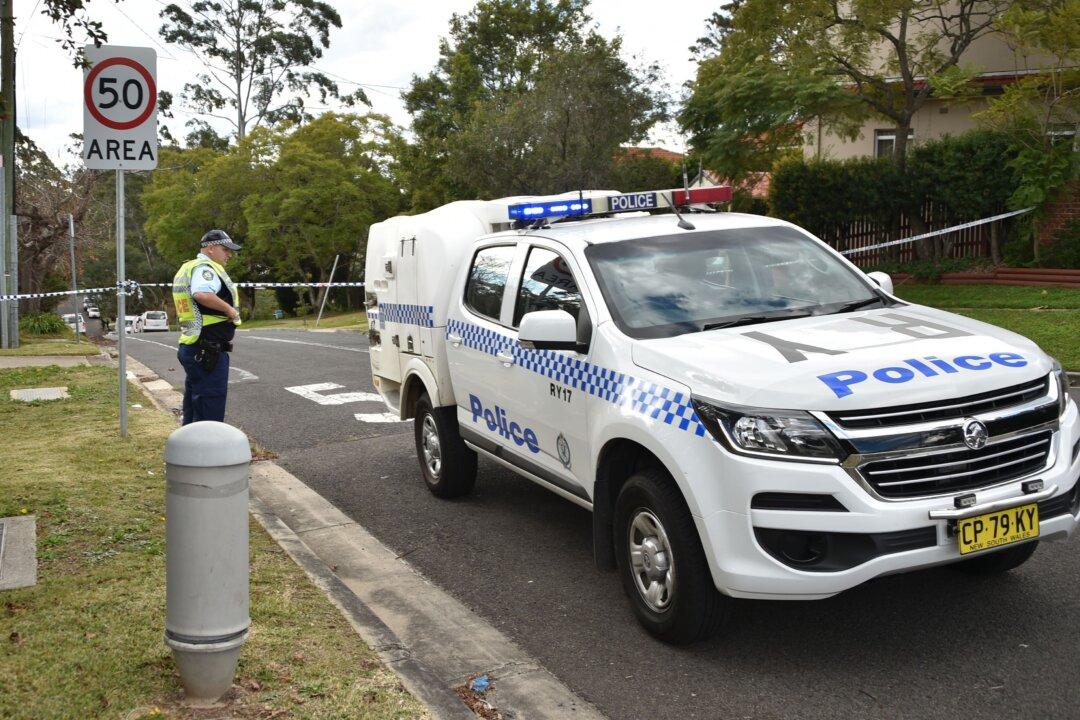The Victorian government has introduced a new bill to the state parliament to raise the age of criminal responsibility from 10 to 12.
If passed, Victoria will become the first Australian state to enforce a higher age threshold for criminal offences.

The Victorian government has introduced a new bill to the state parliament to raise the age of criminal responsibility from 10 to 12.
If passed, Victoria will become the first Australian state to enforce a higher age threshold for criminal offences.